20 Simple & Frugal Tips From the Great Depression

I'm Laina, and I have a list of 20 frugal living tips from the Great
Depression to share with you. I was inspired by an article I read recently. I wanted to see what frugal living habits I could use to save money, so I'm discussing what can and can't work for me.
1. Make your cleaning products
I have an all-purpose cleaner recipe I make from vinegar, mouthwash, and a little dish soap. It saves us so much money.
2. Grow an herb garden
I have grown chives, rosemary, sage, and other herbs we love to use. Herbs that you buy at the store are so expensive. It's so great to have fresh herbs and they taste so good while saving money vs. buying fresh herbs from the store.
3. Use a dab
Use only a dab when using shampoo, soap, or laundry detergent. Laundry detergent is way more concentrated than we think, and so is shampoo. For hand soap, a soap bar lasts much longer than liquid soap. This also works for toothpaste. Use only a dab to get the job done.
4. Learn basic sewing
Knowing how to sew can be handy for mending or making clothing
last longer. If you make them yourself, it's pretty inexpensive. It's also much cheaper if you need specialty clothes, like nursing clothes, because they can be expensive.
5. Grow a garden
Anything you can eat out of your garden, especially if you can grow it from seeds, can save you a bundle. Compare planting costs against buying at stores to choose the most cost-efficient items to grow.
6. Learn how to make the most of produce
If you are lucky enough to enjoy abundant produce from your garden, find ways to use your excess. Learn how to freeze, dry, or dehydrate produce to make your garden bounty last.
7. Buy the whole chicken
If you buy the whole chicken and you use all of the chicken, it will be less expensive than biting cut-up chicken parts or boneless chicken. You can use all the parts in different recipes.
8. Buy the bone
If you're buying a specific chicken part like chicken thighs, buy them bone-in, and the price per pound is often less. I found this to be quite a bit of work to debone the chicken parts at times.
9. Be mindful of electricity usage
In my house, we talked about what electricity-saving things are effective and worthwhile and which things are too inconvenient with very little savings. Decide what works for your family.
10. Be mindful of water usage
You want to run full loads of laundry or full loads in the dishwasher, but I haven't gone as far as putting a brick in the toilet tank to save a small amount of water.
11. Pay cash
This is a favorite of financial expert Dave Ramsey. Use cash to know exactly when your money has run out instead of overspending on credit.
12. Learn to can
I have not learned how to can yet. I'm not too fond of hot things, making me nervous. I know this would be a great way to preserve something I grew in my garden, but I haven't learned how to do this yet.
13. Save your scraps
What other uses can you have for the things that come through your home? Could you make your homemade cleaners with your orange peels? You're trying to use the part of the food that's not edible but can be used for something else.
14. Learn how to upcycle furniture
I've purchased used furniture and I look on Facebook Marketplace first to see if there's anything available if I need furniture. You can also find things at Goodwill and fix them up to work for your purposes. This means that you're not buying brand new furniture.
15. Make your gifts
Homemade gifts can be so meaningful. If you make something handmade like a garland, candle, or bath salts, you can save a lot of money while being thoughtful and unique.
16. Try natural remedies
If you need to go to the doctor, you need to go to the doctor, but this is about asking yourself what you can do to avoid getting sick by taking better care of yourself. Drinking more water, getting enough rest, and generally taking care of your body can save you money on health care in the long run.
17. Don't pay for something that you can do yourself
If there are tasks that you know how to do and you have the time to do, it's much cheaper to do them yourself than to pay someone else. Pick up your pizza, mow your lawn, and do your laundry.
18. Don't spend money blindly
Try to compare prices. Is this a good deal? Is this really on sale? Do you need ten of these right now to save a little bit of money? Watch out for deals and use coupons.
19. Use everything up
Use everything to the last little bit, whatever it takes. The shampoo is stretched by watering it down as much as possible to get the last little bit out of it, fixing clothing and shoes when possible, and using things until they are empty or worn out.
20. Buy reusable things instead of disposable items
Everything we don't have to throw in our trash can means we don't have to pay to dispose of it. We use cloth diapers and rags instead of paper towels, we upgraded paper napkins to cloth napkins, and I have a razor that I can replace the head instead of the entire razor each time—reuse instead of throwing things out.
Frugal tips from the Great Depression
Can you use any of these depression-era money-saving tips? You don't have to follow them exactly, but trying to save money by cutting back or learning a new skill to do things yourself is all part of frugal living. Frugal living was a forced habit during The Great Depression that can still help us today.
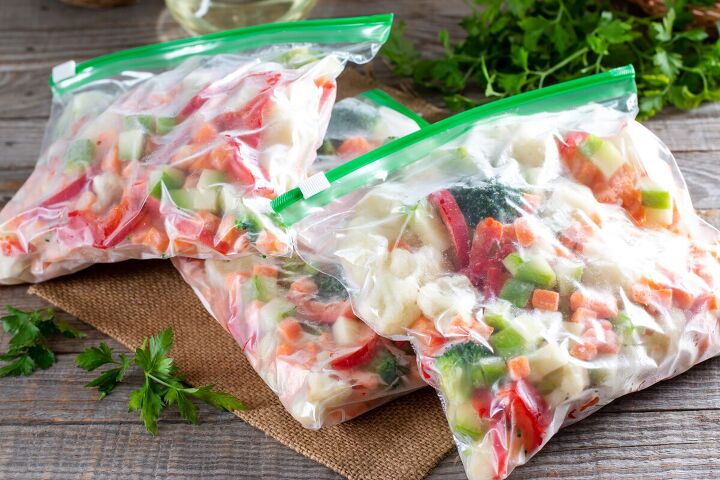


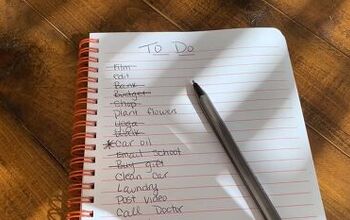
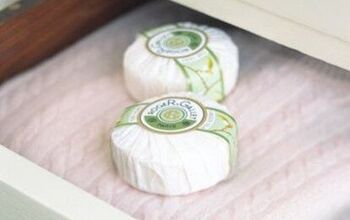













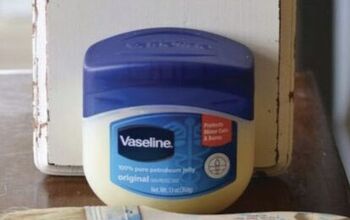

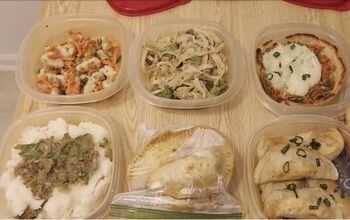
Comments
Join the conversation
Great ideas. Check with your local agricultural center about canning fruit/veggies. They should know who has classes on canning. Some items are as simple as a hot water bath......no pressure. Also another saver is a small solar power for cell phone.....I keep it in a
Sunny window......always ready for family members......no more electric plugs left in wall sockets. Thank you take care have a great week .
If you grow tomatoes in your garden, these are the easiest to can in a water bath. I would suggest you start with tomatoes as your first venture into canning! Hearing the jar lids "pop" and seal is very satisfying. You must weigh the cost of purchasing jars, lids, canner and your time vs. paying for cans of processed tomatoes.